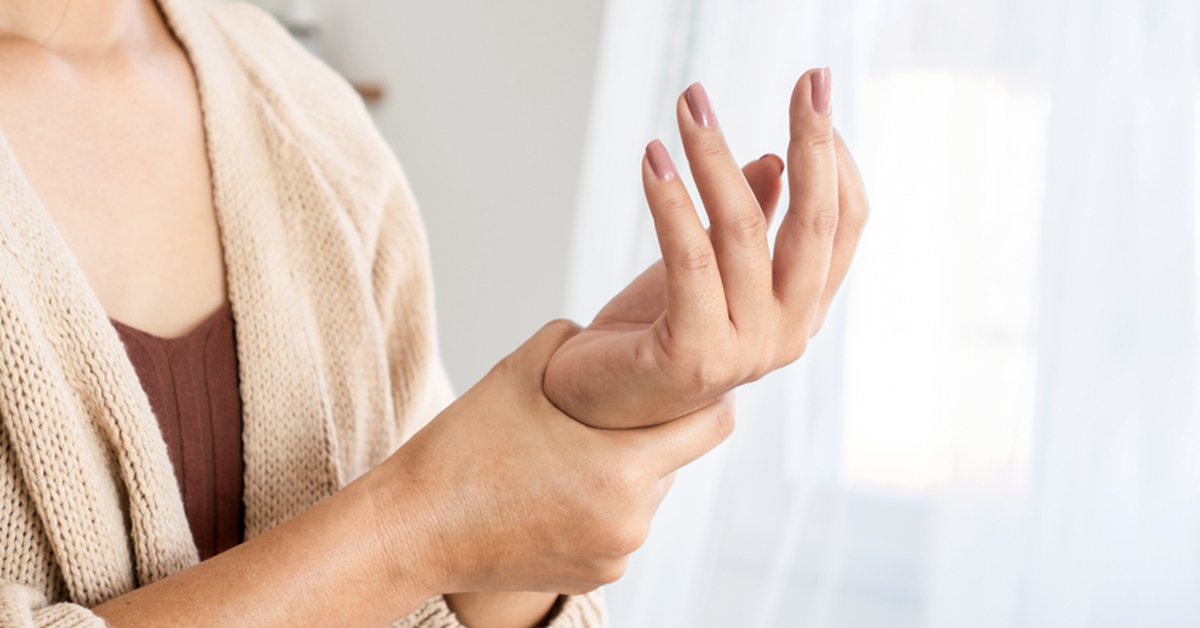Hackensack University Medical Center Publishes Research and Opens Third Clinical Trial for Patients with Charcot-Marie-Tooth (CMT) Disease
Promising new medications may reduce complications and slow progression of neuromuscular disorder

Two newly published studies and a new treatment trial at Hackensack University Medical Center offer new hope for individuals with Charcot-Marie-Tooth (CMT) neuropathies.
Hackensack University Medical Center is now studying patients in a new treatment study and is the only site in New Jersey to offer this clinical trial.
While there are currently no FDA-approved treatments for CMT, this is the third such study that Florian Thomas, M.D., Ph.D., chair of the Neuroscience Institute and Department of Neurology at Hackensack University Medical Center and founding chair and professor of Neurology at Hackensack Meridian School of Medicine, is involved in. He was the national lead investigator for the two first Phase II & III clinical trials, now published, of pharmaceutical agents to treat CMT disease in the U.S. since 2015.
“CMT is a neuromuscular condition that progresses throughout a patient’s life and causes weakness and sensory changes in a person’s arms and legs,” said Dr. Thomas. “Through continued research, our goal is to find new ways to slow disease progression, improve function, reduce complications and improve quality of life for patients.” CMT affects some 130,000 people in the USA.
The first study, titled “Randomized Phase 2 Study of ACE-083 in Patients with Charcot-Marie-Tooth Disease,” was published in Neurology. The study evaluated whether a locally acting intramuscular medication called ACE-083 is safe, well-tolerated, and increases muscle volume, motor function and quality of life in adults with CMT type 1. While medication was safe and well-tolerated and increased total muscle volume, it did not improve neurological function.
“Many clinical trials are not successful,” says Dr. Thomas. “But from our failures we learn more about the diseases we study.”
The second study, titled “A Double-Blind, Placebo-Controlled, Randomized Trial of PXT3003 for the Treatment of Charcot-Marie-Tooth Type 1A,” was published in Orphanet Journal of Rare Diseases. The study evaluated the safety and efficacy of PXT3003—a combination medication that includes baclofen, naltrexone and D-sorbitol—in patients with CMT type 1A. The study found that high-dose PXT3003 is safe, well-tolerated and improved neuromuscular function.
In a third study funded by a grant from the Million Dollar Bike Ride Grant Program, at the University of Pennsylvania, Dr. Thomas, together with students from Hackensack Meridian School of Medicine and partners from the Hereditary Neuropathy Foundation, analyzed patient reported data on the impact of CMT on their health in general. The study was recently adapted for presentation at the 75th meeting of the American Academy of Neurology, scheduled for April 22-27, 2023 in Boston, Massachusetts.
Dr. Thomas, who leads the Hereditary Neuropathy Center at Hackensack University Medical Center, is an international leader in the treatment of CMT disease with over 30 years of clinical and research experience with CMT.
Learn more about neurological innovations at Hackensack University Medical Center.
